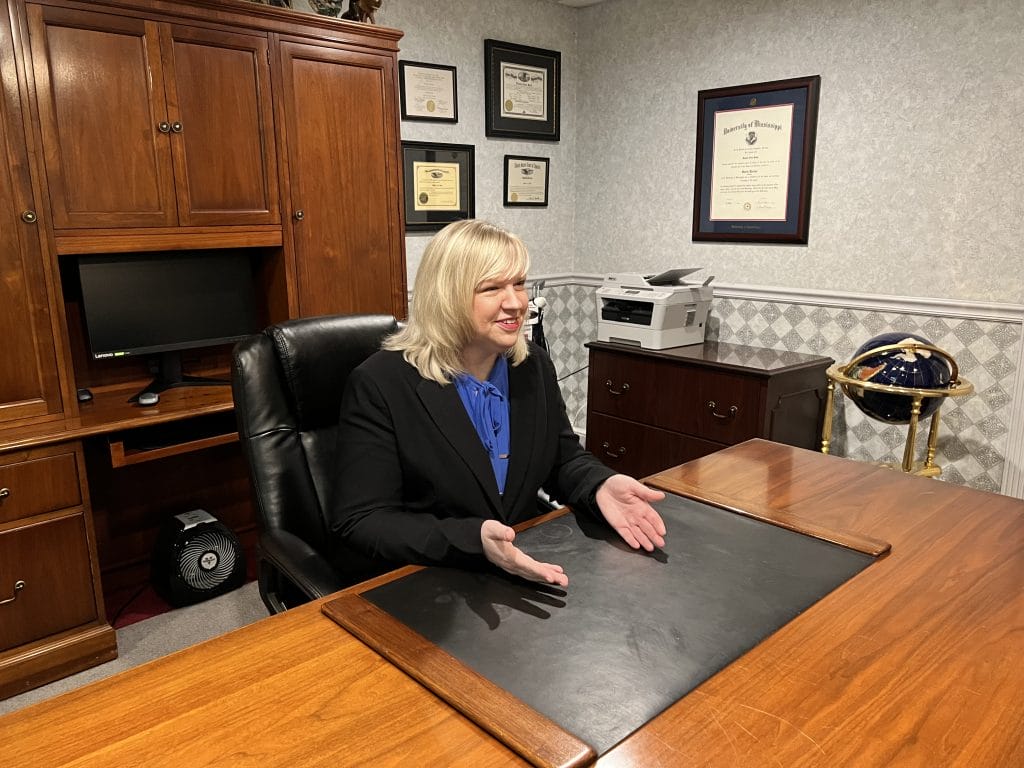During any divorce that involves kids, there will be child custody disputes. Child custody disputes can be emotionally charged and challenging for all parties involved. In an effort to find a fair and amicable resolution, many families turn to child custody mediation. This alternative dispute resolution process allows parents to collaborate on a custody arrangement with the assistance of a neutral third-party mediator.
One common question that arises is, “Who can attend child custody mediation?” In this article, we’ll explore the key members typically involved in the mediation process and shed light on their roles. Before continuing, consider checking out our “Child Custody Mediation Checklist” to ensure you are prepared before your first session.

1. Parents
At the heart of any child custody mediation are the parents. Both parents are typically required to attend the sessions. Mediation provides a structured and supportive environment for parents to communicate and negotiate, working towards a custody agreement that is in the best interests of their child. For mediation to work, parties must both agree on the terms of the agreement, so it is necessary for both parents to be present unless the mediator wants to meet with either party separately.
2. Mediator
The mediator is the neutral third party responsible for facilitating communication between parents. The mediator is what gives mediation its name. They do not represent either party. Instead, they guide the conversation, ensuring that it remains focused on the child’s needs. Mediators are trained professionals with expertise in conflict resolution and family law, helping parents navigate the complexities of custody arrangements.
If you want to find a list of local mediators, you can always call local law offices or check your local county courthouse’s website where you’ll find additional resources like contact information for local mediators and some forms/templates you can use.

3. Legal Representation
While not mandatory, some parents choose to have legal representation during mediation. Attorneys can provide valuable advice on legal rights and obligations, ensuring that the proposed custody agreement aligns with the law and protects their client’s interests. Having an attorney present does not mean the process is adversarial; rather, it can contribute to a more informed and equitable resolution.
Attorneys can also advocate for you during mediation. They can speak to the mediator during mediation, and during private meetings. They will also help you develop strategies for each session so you know what to expect before mediation begins. To learn more about the role of an attorney in mediation, check out “Can My Attorney Be Present During Mediation?”
4. Child Advocate or Guardian ad Litem:
In some cases, a child advocate or Guardian ad Litem may be involved in the mediation process. Courts sometimes appoint an advocate for the child if mediation is court ordered, otherwise the involvement of a child advocate will depend on your specific circumstances. This individual represents the best interests of the child, acting as their voice in the proceedings since they would otherwise have no representation. Parents can be biased and may not keep the children’s best interests in mind while they are worried about the other aspects of divorce. The advocate’s role is to gather information about the child’s preferences and concerns, advocating for a custody arrangement that prioritizes the child’s well-being.

5. Extended Family or Support Persons:
Depending on the circumstances, some parents may bring extended family members or support persons to mediation sessions. While their involvement is generally at the discretion of the mediator, and they are often not allowed to speak during sessions, their presence can offer emotional support and perspective. However, it’s essential to maintain a focused and constructive atmosphere during the mediation process. If you need to talk to your support person, you may do so between sessions or during breaks. Your support person should not be a new romantic interest, or your children. They should instead be a trusted family member or friend that you trust to remain calm and collected during meetings and can help you to do the same.
Conclusion: Who Can Attend Child Custody Mediation?
Child custody mediation is a collaborative approach to resolving disputes, bringing together parents, a neutral mediator, and potentially other key stakeholders. By understanding who can attend these sessions and the role they play during the process, parents can approach the process with clarity and the best interests of the child in mind. Ultimately, child custody mediation aims to foster effective communication, compromise, and the creation of a custody agreement that serves the needs of the entire family.
MEET WITH AN ILLINOIS FAMILY LAW ATTORNEY TODAY
The Family Law attorneys at Koth Gregory & Nieminski understand that your family is the top priority, which is why we offer SAME-DAY APPOINTMENTS. If you need a divorce or other family law services, you can schedule your first meeting through our online appointment calendar. We look forward to meeting you.
Disclaimer: This article (Who Can Attend Child Custody Mediation?) may contain information that is outdated as Illinois law continuously evolves. Meeting with an experienced family law attorney is the best way to ensure you are receiving the most current information on Who Can Attend Child Custody Mediation?

Published by Dustin Koth on December 6, 2024
